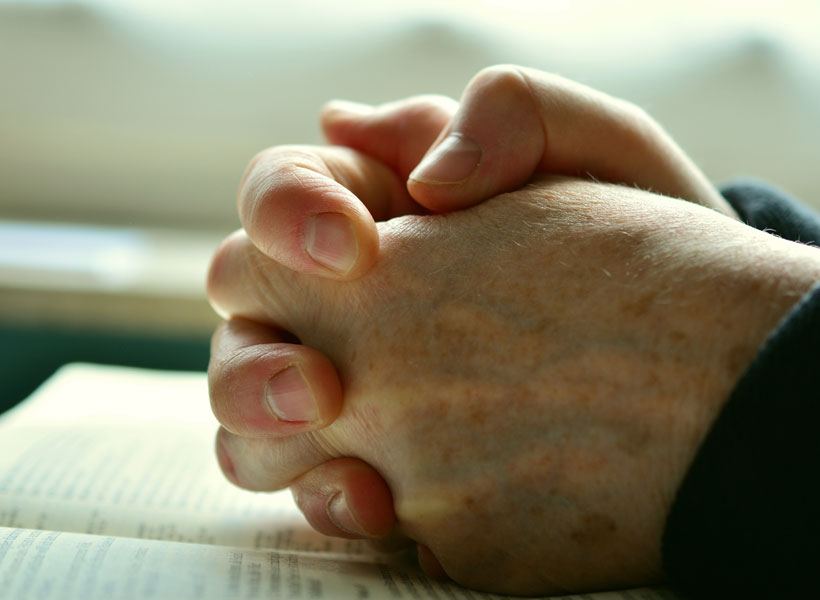Retirees are consistently charitable. They are the largest group of Americans supporting the many non-profits and charities that rely donations for survival. So what happens now that the new Tax Overhaul Bill is a reality?
Retirees that used to itemize deductions used their property taxes, perhaps state income taxes, and their charitable contributions to reduce their taxable income. Now, there are two fixed levels: $12,000 for individuals; $24,000 for married couples. So the question for charities now is, will the benefit of those charitable contributions disappear? Maybe not.
It’s nothing new, but the strategic method for those 70-1/2 and older to reduce taxable income by giving their entire RMD (Required Minimum Distribution) directly to charity is still a good one. But now, you might want to give twice as much every other year if that results in an amount to write off that is larger than the standard deduction.
Let’s say you are retired but not yet 70-1/2. You don’t have a Required Minimum Distribution, but you may want to take a distribution (earmarked for a charity) in order to avoid being in a higher tax bracket. It’s a painless way to give to charity or support the causes and missions that you care about so deeply.
For certain income levels, you might want to consider a Donor-Advised Fund (DAF). These funds—sort of like personal private foundations, without all the legal and accounting costs—allow contributors to donate money and take a tax deduction in the same year, then pay the money to selected charities over time. There are interesting advantages for a DAF. If you missed the 2017 cut-off, you might want to have a conversation with us to see whether either RMD or DAF plan could be to your (and your charity’s) advantage going forward.
Call us for free, no-obligation consultation or refer us to a friend you know who may need our expertise and experience.
 Setting expectations for ourselves is meant to be energizing, motivating, and a guiding light toward a purposeful life. When done right, setting expectations for ourselves can make us better people, improve our relationships, and make us more valuable employees. When done wrong, as we tend to do with these short term “to-do” lists for the holidays, we fail and stress out. Why?
Setting expectations for ourselves is meant to be energizing, motivating, and a guiding light toward a purposeful life. When done right, setting expectations for ourselves can make us better people, improve our relationships, and make us more valuable employees. When done wrong, as we tend to do with these short term “to-do” lists for the holidays, we fail and stress out. Why? While Uncle Frank’s blessing placed as much “thought” on our table as did Mom’s cooking, Thanksgiving has never been the same for me since. I’m grateful for the holiday because it causes me to slow down, stop and be thankful for what we have…and to remember that because of our faith we have, and must give, so much more.
While Uncle Frank’s blessing placed as much “thought” on our table as did Mom’s cooking, Thanksgiving has never been the same for me since. I’m grateful for the holiday because it causes me to slow down, stop and be thankful for what we have…and to remember that because of our faith we have, and must give, so much more.